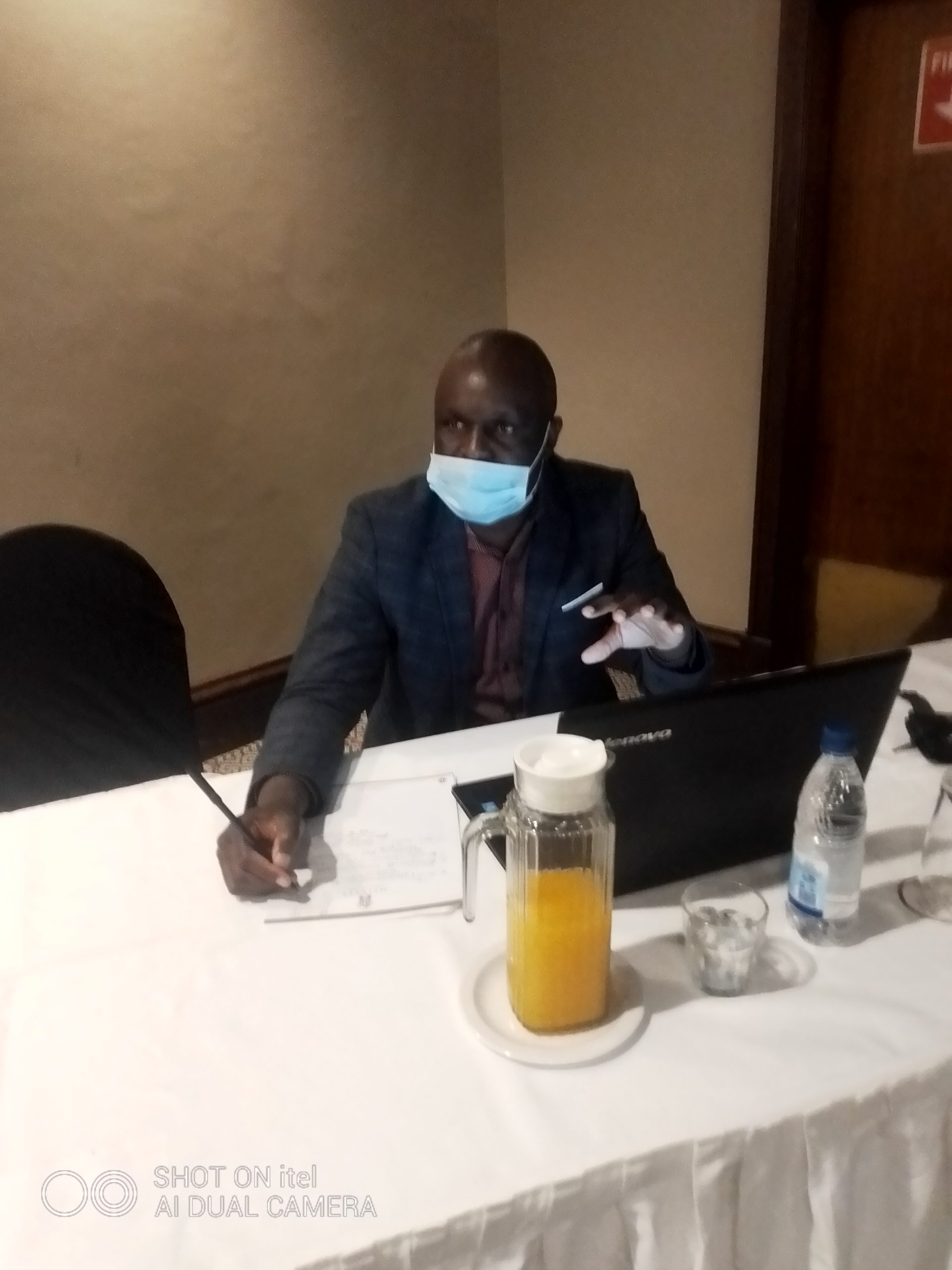|
Getting your Trinity Audio player ready...
|
As Zimbabwe continues to endure serious transport blues, particularly in the capital city Harare, there are calls for service providers to engage the ministry of local government for a private franchise to operate an association that will be self-regulated.
The appeal was made by Mr. Ngoni Katsvairo, the Secretary-General of Greater Harare Commuter Omnibus Association today during a media training workshop organised by the Zimbabwe Union of Journalists (ZUJ). Veteran journalist, Vincent Kahiya is the lead trainer at the workshop.
Mr. Katsvairo said prior to COVID-19, most operators in Harare were not affiliated with any associations. This in contrast with the Bulawayo City Council that passed a by-law to force operators to be affiliated with any of the three associations in that city.
“In 2015 we brought the idea of having commuter omnibus operators for Harare to be affliated with associations to replicate the scenario in Bulawayo. Successive mayors in Harare have failed to pass such a by-law. Following COVID-19, commuter omnibus operators were ordered to operate under ZUPCO. ZUPCO has less than 500 kombis affiliated with it down from 12 000 before the onset of COVID-19-induced lockdowns.
“At the moment transport service providers are using pirate transport. Operators affiliated with ZUPCO face challenges of delay in payment. In the end, they won’t be able to service their vehicles. Countrywide, there were 50 000 kombis. In the process, many livelihoods were affected. About 49 000 vehicles are parked for more than a year now (since March 2020). That’s the reason why there are transport blues in the country,” Mr. Katsvairo said.
It is very expensive and cumbersome to operate a commuter omnibus transport business in Zimbabwe. An operators licence costs ZW$10 000. After that, one goes to register the kombi as a passenger service vehicle. The white-on-red vehicle registration plates cost ZW$6 000. The cost of replacing tyres on most of the Japanese-imported vehicles is ZW$48 000 while fixing the suspension chews ZW$20 000. Passenger insurance is ZW$15 000 while vehicle insurance costs ZW$7 200. On the other hand, the Zinara disk fee costs ZW$2 550, the VID fee is ZW$3000, ZUPCO CMED Inspection costs ZW$2 100, the CMED Test for the driver costs ZW$1 680 while the Driver VID re-test costs ZW$17 000 valid for 5 years.
“A majority of people in retirement had invested their savings in commuter omnibus transport businesses. Since the informal sector is opened, kombis must be allowed to open under a private franchise association. At present, if a kombi under ZUPCO cashes $15 000 per day, they are paid $4 000 in addition to the fuel of $4 000. The remainder of 7 000 should be channelled towards the maintenance of the vehicles but it’s not happening,” Mr. Katsvairo said..
Most kombis are operating unroadworthy vehicles. There is a multiple licensing regime that makes it difficult for them to return onto the roads.
“We are appealing for a waiver of all these requirements. The South African National Taxi Council works hand in glove with the police and transport operators. There is orderly management of transport in South Africa. In the past, touts were in charge of controlling the commuter omnibus transport business. They alleged allegiance to certain political parties. The touts should be employed to control the vehicles and the queues. They should be employed by the associations,” Mr. Katsvaira added.
DISCLAIMER: This publication was produced with the financial support of the European Union (EU) and the contents are solely the responsibility of Spiked Online Media and don’t necessarily reflect the views of the EU.






